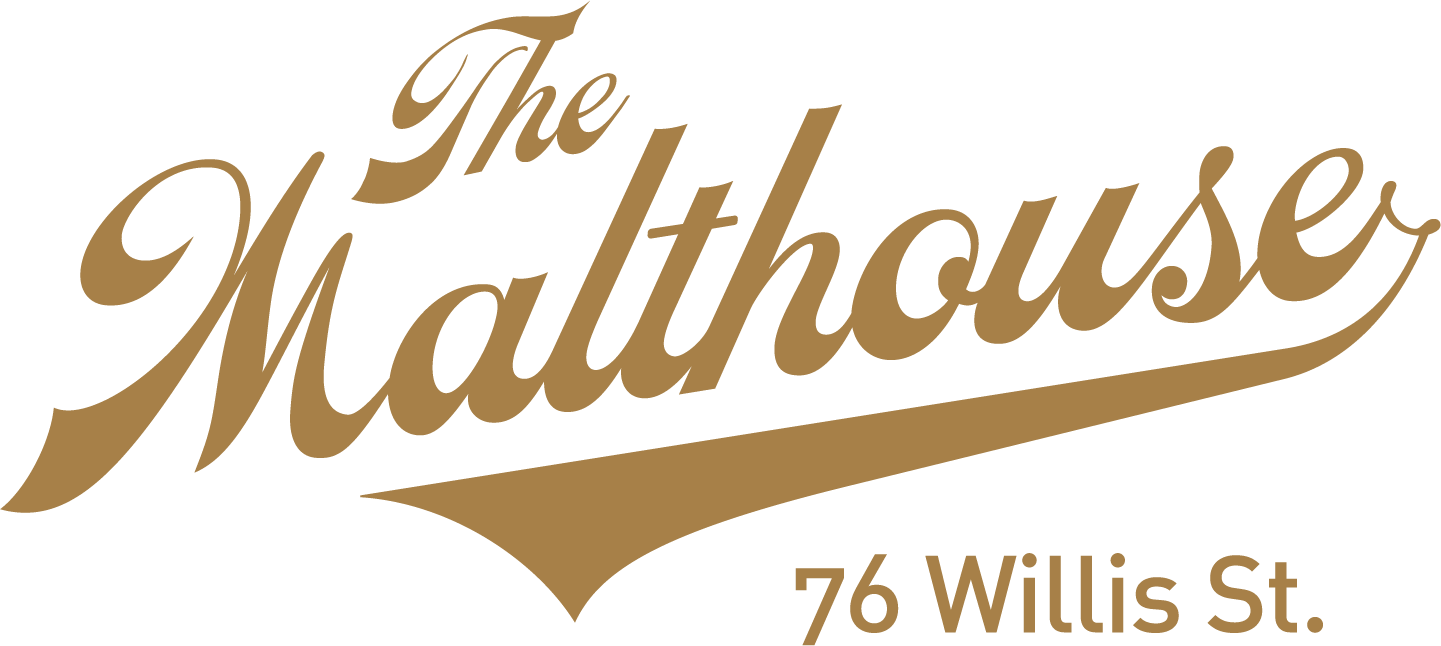It is a fact, however, that in 1883 scientists at Carlsberg were the first to isolate a single strain of yeast (Saccharomyces carlsbergensis). This discovery – sometimes described as the brewing equivalent of splitting the atom – allowed brewers to replicate pure strains of yeast which produced consistent beer. The Carlsberg scientists were inspired by the work of Louis Pasteur who, while more famous for his work on anthrax and milk, had produced a number of studies on beer and brewing.
Recently, I came across a story on the Knowledge Network website regarding Pasteur, yeast and German beers. It is quite extraordinary and I’m not quite sure how much of it to believe. I will leave the readers to draw their own conclusions about “The Beer of Revenge”. Here is what the Knowledge Network had to say (with some editing solely for space):
“Pasteur is one of the greatest names in science, but this doesn’t mean he was necessarily a very nice person. What particularly got Pasteur hot under the collar was Prussia and all things German… His abhorrence of all things Prussian took two visible forms. First, he insisted that every paper he published would contain the statement “Hatred towards Prussia! Revenge! Revenge!” which must have proved difficult for peer reviewers, but had little real impact. But the second form changed beer as we know it.
Until the 1860s beers were generally dark liquids, in which yeast fed on sugars from malted barley to produce alcohol and carbon dioxide, the bubbles of which made the yeast float on the top. But in the 1860s German brewers had engineered a small miracle. They cultivated yeasts that acted very slowly at very low temperatures and sank to the bottom.
These yeasts produced a lighter, straw-coloured beer that kept exceptionally well and was dubbed ‘lager’ – German for ‘storage’. The result was a massive expansion in German beer production and its export across Europe. Pasteur saw his moment. He turned his genius to engineering the finest beer in the world – a beer that would be so good it would destroy the German brewing industry. He dubbed it ‘The Beer of Revenge’.
He began isolating yeast strains that behaved like the German bottom-fermenting varieties but which acted faster and were more temperature tolerant so, in an age before refrigeration, could be used in climates warmer that Germany’s…
After much experimenting, the type and process for making the Beer of Revenge was perfected. Pasteur now had his weapon and he immediately put it into action. Arranging a tour of European breweries which notably excluded any in German territories, he began freely sharing his secrets, notably with the Carlsberg Brewery in Denmark and Whitbread in England, although anyone could use his techniques provided they weren’t German.
The result was spectacular for, although brewing was an age-old practice, very few brewers knew exactly what happened to turn their ingredients into beer. Pasteur did know, and he exhorted brewers to buy a microscope so they could examine their yeast and identify the thread-like fungi that often infected and spoiled it as well as recommending techniques for growing pure yeast strains and preventing their infection. He also wrote a book on the subject, which became a brewers’ bible, but with the strict caveat that it must never be translated into German. It wasn’t.
So did Pasteur get his revenge? Well it would be wrong to give all the credit for the brewing revolution to Pasteur but his Beer of Revenge did have a profound effect on the German brewing industry as other nations now had the techniques – and better ones at that – for making their own beer. These new, easy to produce and long-lived lagers would go on to take over the brewing world, hence their popularity in pubs to this day.
But, as is so often the case with history, there was one small, unintended side-effect. With many German breweries now idle, their owners had to turn their machinery to other uses and found the perfect product in acetone. The acetone was needed for the production of cordite for the ongoing build up of German armaments that would later be unleashed on Pasteur’s homeland at the outbreak of the First World War…”
On the topic of German-style beers, Croucher Cherry Bock is going on tap today at Malthouse for the very first time. Produced as a seasonal release by Paul Croucher and his team in Rotorua, Cherry Bock is described by the brewery as “a dark lager style beer chock full of cherries and raspberries. It is a strong (8%) fruit beer with a delicious cherry berry aroma and flavour.”
Croucher Brewing will be at the Wellington Beer Festival on Saturday 6 March as will the Malthouse. Continuing today’s German motif, the Malthouse stand will be pouring Hofbrau Original and Hofbrau Weiss on the day. Come up to Colin “The Handsome Yet Softly Spoken Scottish Proprietor” and say “hi” at any stage during the event, and he will probably say “hello.” However, he has promised free beer to any senior citizens accompanied by all four of their grandparents.
Dates fast approaching that should be in you beer diary:
Monday 15 March – Official launch of Epic Mayhem on tap and a sneaky wee keg of Epic Thornbridge Stout on handpull. Yes, the Impish Brewer has embraced the dark side and he loved it….
Wednesday 17 March – St Patrick’s Day (aka Big Green Day Out) with Murphy’s on tap. It’s bound to be a quiet one as usual. To be sure. Fiddly dee dee. Potatoes.
Cheers
Beer Writer
Real Beer New Zealand
Beer and Brewer Magazine
Links
Carlsberg “probably the best website in the world” – http://www.carlsberg.com/
“The Beer of Revenge Article” on the Knowledge Network – http://kn.theiet.org/magazine/issues/0916/eccentric-engineer-0916.cfm
Croucher Brewing Company – http://www.croucherbrewing.co.nz/
Malthouse Twitter Group – http://twitter.com/malthouse
Beer Festival 2010 Wellington – http://www.beerfestival.co.nz/
Malthouse Facebook Group – http://www.facebook.com/pages/Wellington/Malthouse/7084276173
Real Beer – http://www.realbeer.co.nz/blog/blog.html
Beer and Brewer Magazine – http://www.beerandbrewer.com/

